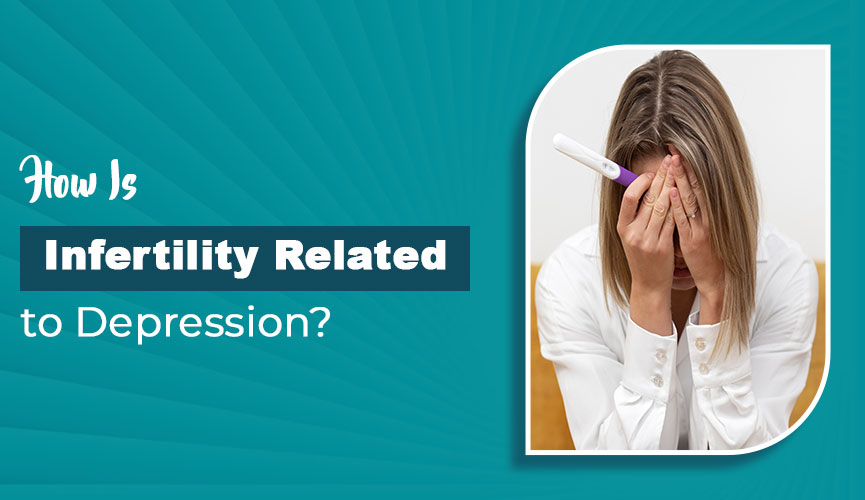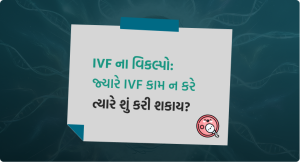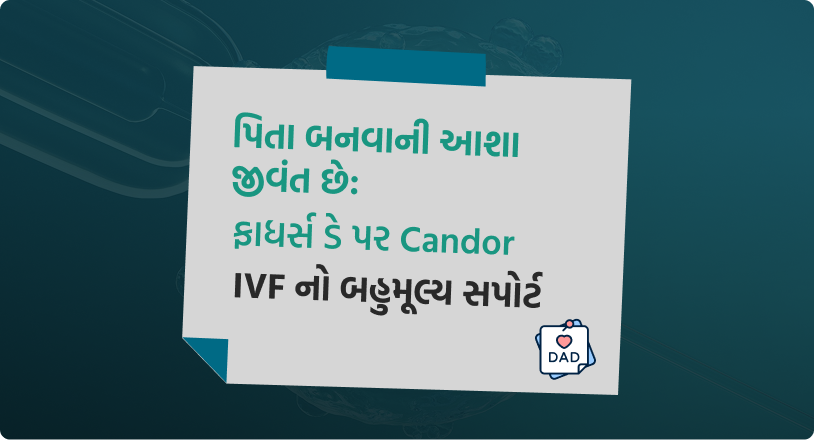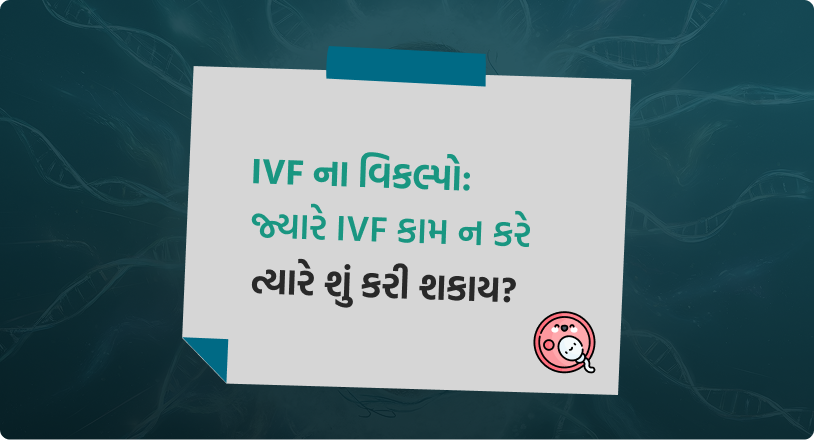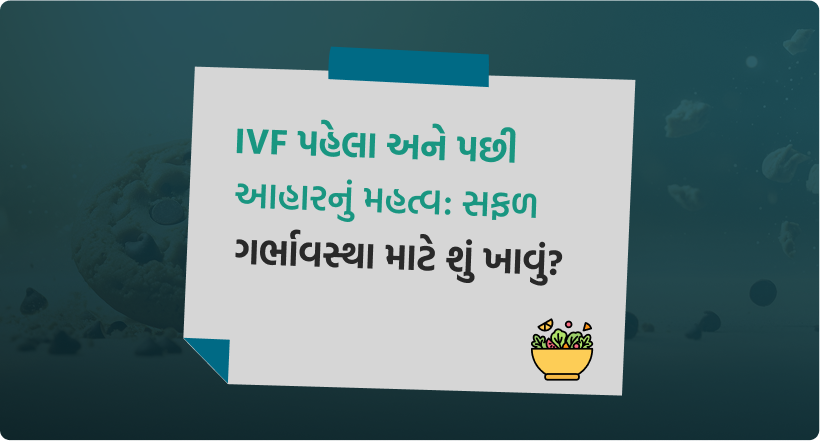Dealing with infertility can be an emotionally taxing journey that often leads to feelings of frustration and despair, potentially paving the way for depression. When one’s focus becomes consumed by the challenges of infertility, a detrimental cycle of anxiety and stress can ensue. This relationship works both ways, as infertility can contribute to depression, and depression may exacerbate infertility issues.
Are thoughts of becoming pregnant dominating your every moment, leaving you feeling stuck and overwhelmed by the prolonged struggle? Infertility not only takes a toll on the body but also mental and emotional well-being. It is crucial to address and overcome the emotional impact of infertility before it takes a toll on your overall health.
Why do people with infertility struggle with depression?
Several factors associated with infertility can contribute to the development of depression.
Various factors contribute to infertility, with certain medical conditions heightening the risk of depression. Conditions like polycystic ovarian syndrome and endometriosis can induce elevated stress levels and mood swings, eventually leading to depression.
The inherent stress associated with dealing with infertility adds another layer of complexity. This journey demands substantial sacrifices, efforts, and emotional endurance, intensifying the pressure to conceive and making it an inherently stressful experience.
Furthermore, the side effects of medications and treatments used in infertility can contribute to stress and depression. Hormones, a common element in these treatments, may have adverse effects on both the mind and body, amplifying the emotional toll of the infertility journey.
When do you need to visit our doctor?
Suppose you find yourself in a situation where you are constantly preoccupied with thoughts of infertility, experiencing a persistent depressed mood on most days, and losing interest in once-enjoyable activities. In that case, it’s important to recognize these signs. Feeling tired or inactive throughout the day, struggling with sleep disturbances, sudden changes in weight, and grappling with negative thoughts or even thoughts of suicide are serious indicators that should not be ignored.
Difficulty focusing or concentrating on tasks, overwhelming feelings of guilt, worthlessness, or shame, coupled with a sense of isolation, can further contribute to the emotional toll of infertility. Changes in diet, whether an increased or decreased willingness to eat, may also manifest as a coping mechanism.
However, it’s crucial to remember that help is available, and you don’t have to face these challenges alone. Regardless of what you’re feeling, there are solutions for infertility-related depression.
Various medications and treatments, including selective serotonin reuptake inhibitors (SSRIs), tricyclic antidepressants, serotonin modulators, and monoamine oxidase inhibitors, can be considered under the guidance of healthcare professionals.
Conclusion
Maintaining open and honest communication with your doctor is essential. At Candor IVF Center, our fertility specialists offer infertility counseling to couples, providing guidance and support as you navigate the next steps. Remember, you are not alone in this journey; a dedicated team is ready to listen and assist you through every phase.

